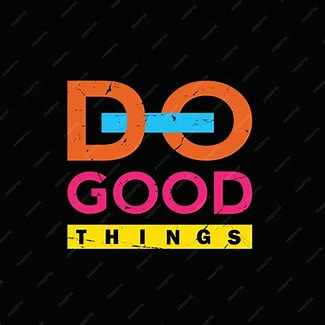Windows and Mirrors for all - Can Goodwill Lead to Good Work? - Florence Sprague - April 2025
 You have doubtless read or listened to Indigenous Land Acknowledgments in a variety of venues, too diverse to adequately enumerate, from LWV events, to the theater, even in some churches. Like many well-intentioned actions, they have come to be recognized in need of clarification and updating. A powerful op-ed piece in the New York Times in January “Enough with the Land Acknowledgments” by Kathleen DuVal of the University of North Carolina, urges us all to think carefully about how we approach these statements.
You have doubtless read or listened to Indigenous Land Acknowledgments in a variety of venues, too diverse to adequately enumerate, from LWV events, to the theater, even in some churches. Like many well-intentioned actions, they have come to be recognized in need of clarification and updating. A powerful op-ed piece in the New York Times in January “Enough with the Land Acknowledgments” by Kathleen DuVal of the University of North Carolina, urges us all to think carefully about how we approach these statements.
Professor DuVal argues that in some contexts these statements have outlived their usefulness. Their purpose is to “make us more aware of the dispossession and violence that occurred in the establishment and expansion of the United States.” This is needed in part because, for many people in the United States, the contemporary Indigenous population is not visible. But these statements can easily become an endpoint, rather than a jumping off point for greater change. To help repair past wrongs, the promotion of remembrance and understanding of the past must then lead to action.
Drafting a land acknowledgment statement often leads to complex and fraught conversations around facts, tone, length, intent, commitment and more. Ultimately, unsure how to go beyond a statement, they can become performative for an organization, just a way to tick off an obligation and move on.
Much of Professor DuVal’s message is aimed at larger institutions than our local LWV, urging that the work move to relationships and action. We may not be able to undertake a major collaboration, but we can make a point of keeping our eyes, ears, and hearts open to ways to connect with Minnesota’s wonderful Indigenous organizations and strive to pair goodwill with good work.
Last year we learned about Wakan Tipi Awanyankapi, and the Department of Indian Work of Interfaith Action of Greater St. Paul. As Kelly Miller, then at DIW and now a Ramsey County Commissioner, said when asked what one last thing that she would like us to remember, “We are still here.”
Any of us could donate to, or volunteer at, the DIW food shelf. We could help out at the Earth Day cleanup led by Wakan Tipi. We can all pay attention to place names in our communities. Are they respectful? What is the process for naming new spaces? And though you may feel challenged each time you try to pronounce Aŋpétu Téča Education Center, I encourage you to feel proud and go to the web (link at the name) and listen to pronunciation (as many times as you like) and read about the naming process. Let this be a step forward, not a roadblock. Be on the lookout for issues before the legislature where we can offer support to our Indigenous neighbors. Stay informed on the crisis of Missing and Murdered Relatives. And…?
Take note of ways that, small and busy though we are, we can move from goodwill to good work and good connections, individually and as a group.
